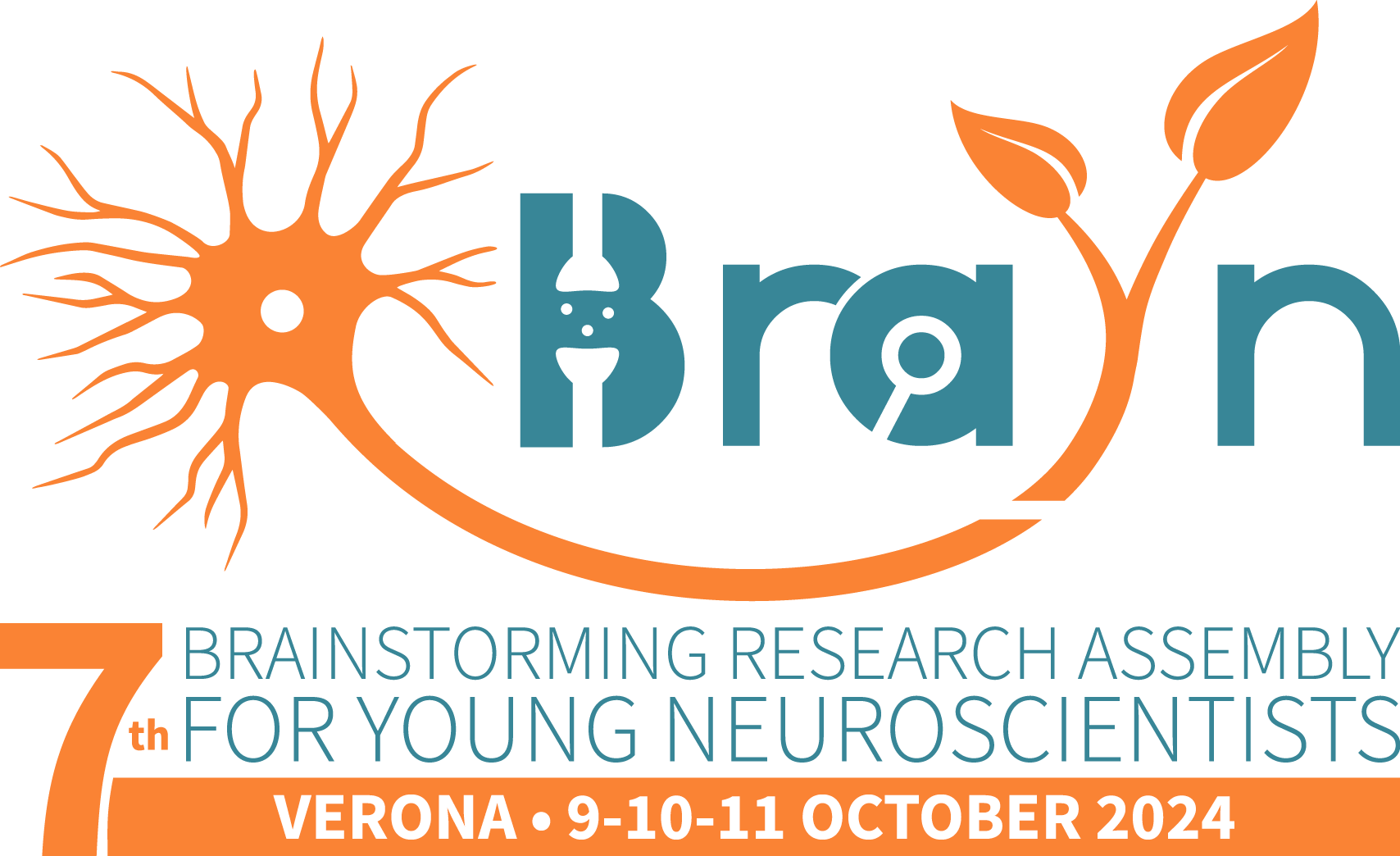STEERING COMMITTEE
– Administration of BraYn Association –
Click on the photo to see the biographical sketch
Giovanni Ferrara
Giovanni Ferrara
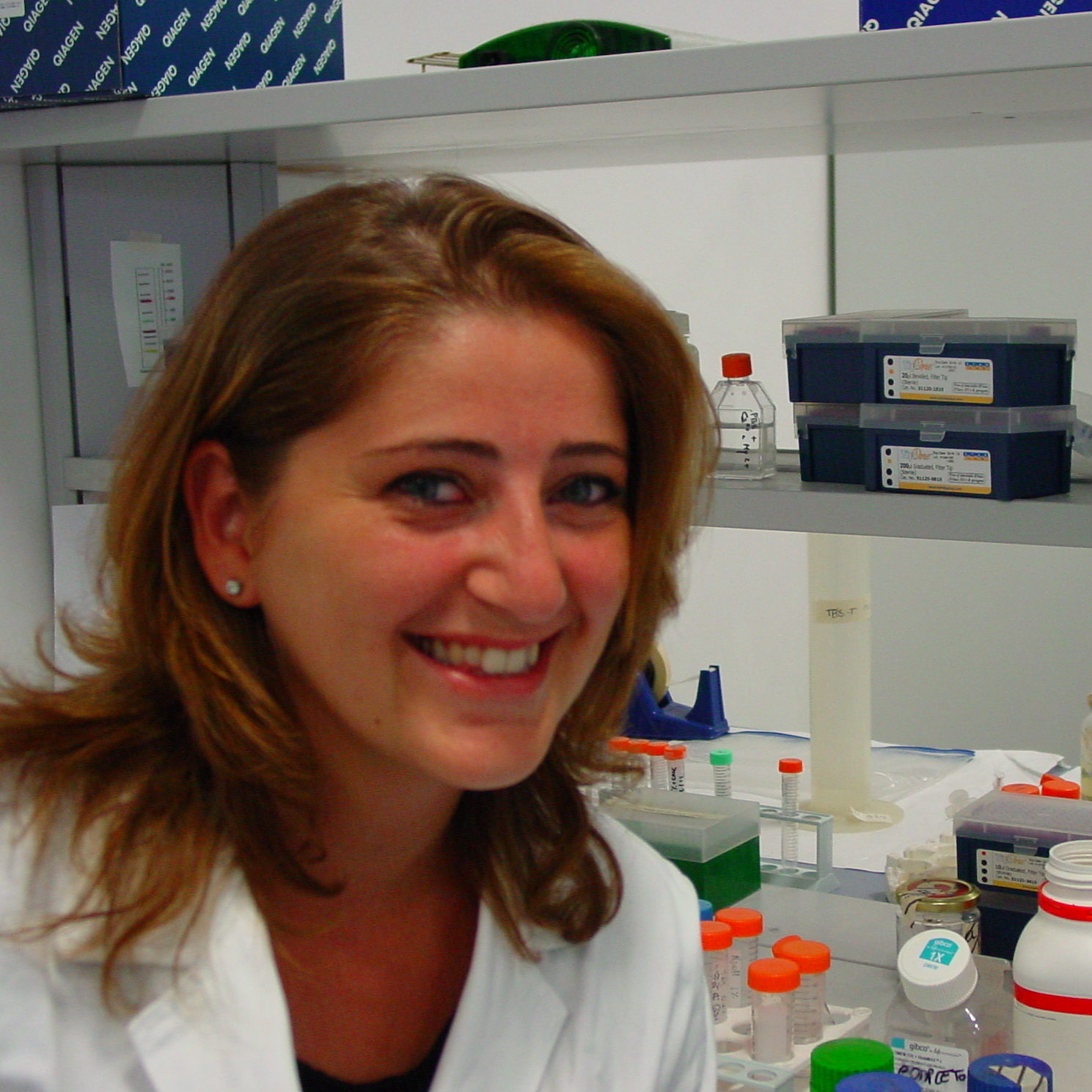
Giuseppina D'Alessandro

Giuseppina D'Alessandro
Margherita Romeo
Margherita Romeo
Maria Chiara Trolese
Maria Chiara Trolese
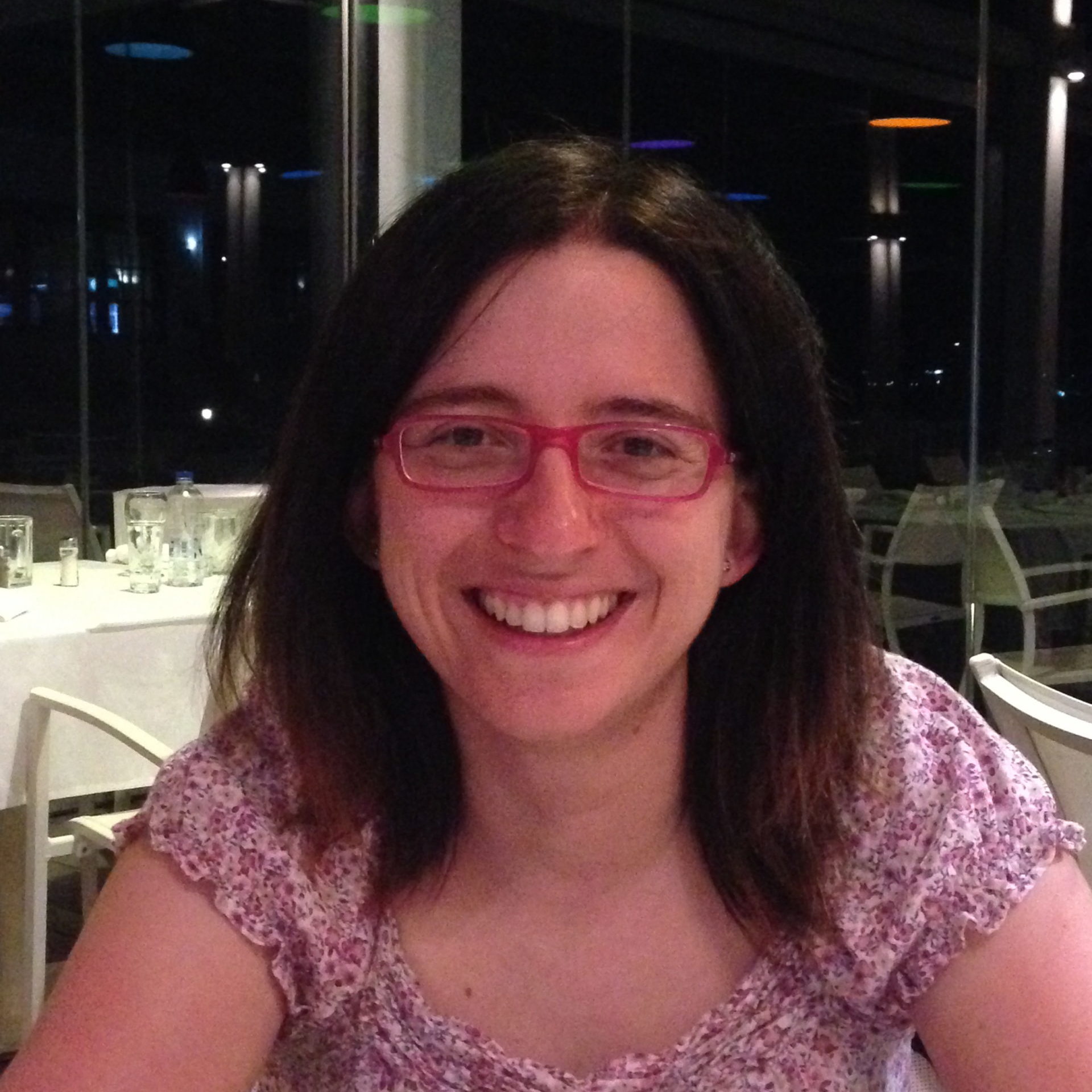
Barbara Bettegazzi

Barbara Bettegazzi
Giovanna Calabrese
Giovanna Calabrese
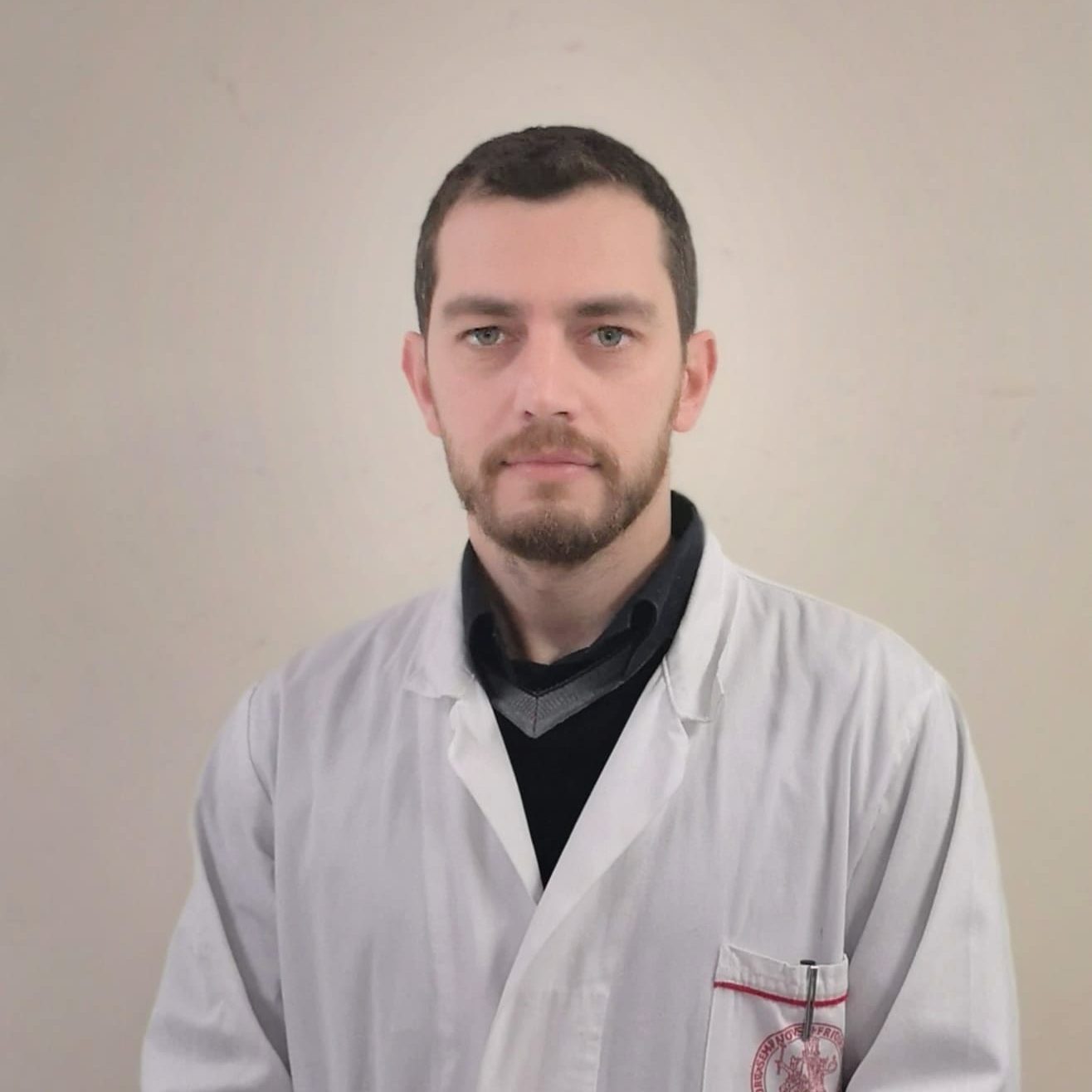
Pellegrino Lippiello

Pellegrino Lippiello
Ilaria Prada
Ilaria Prada
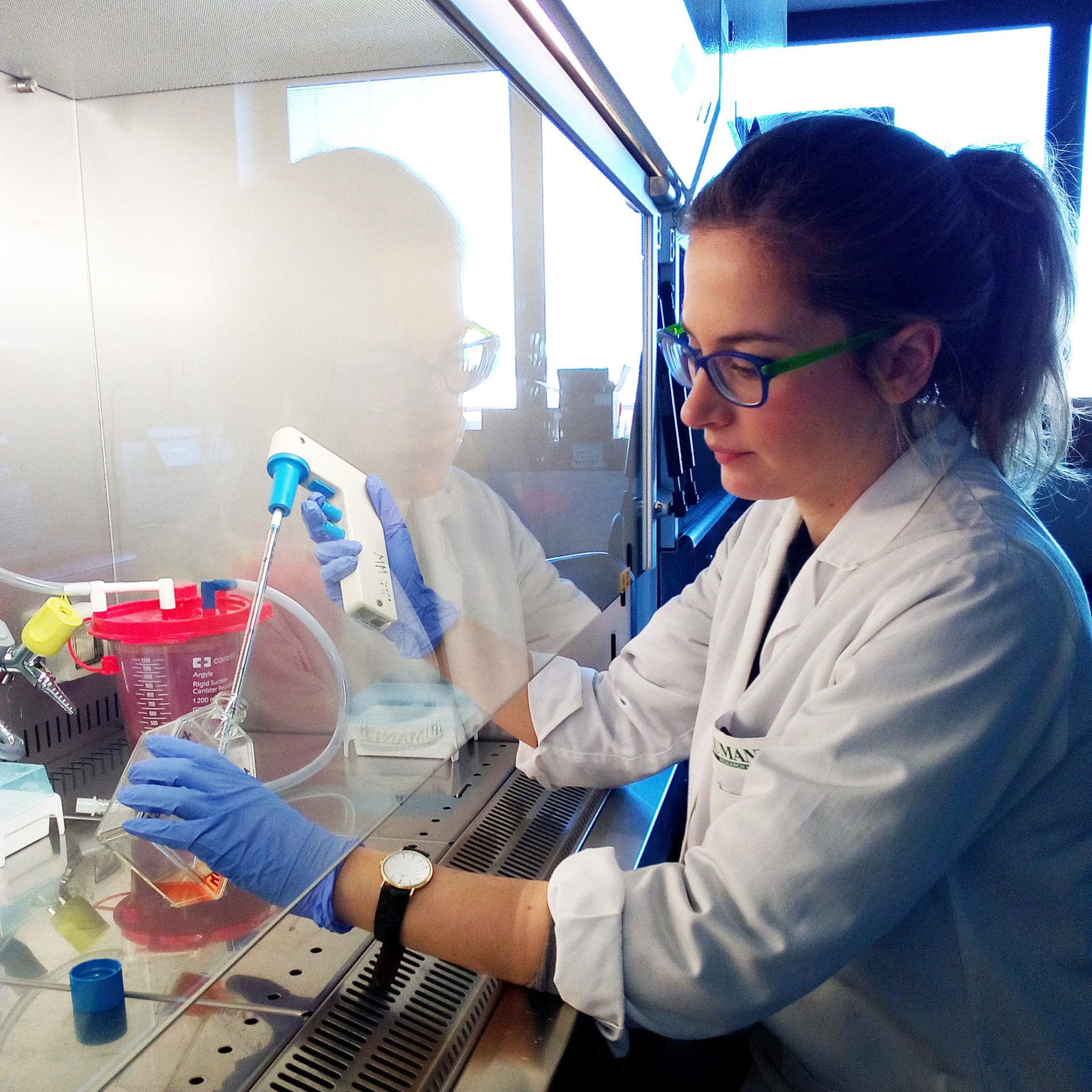
Eleonora Vannini

Eleonora Vannini
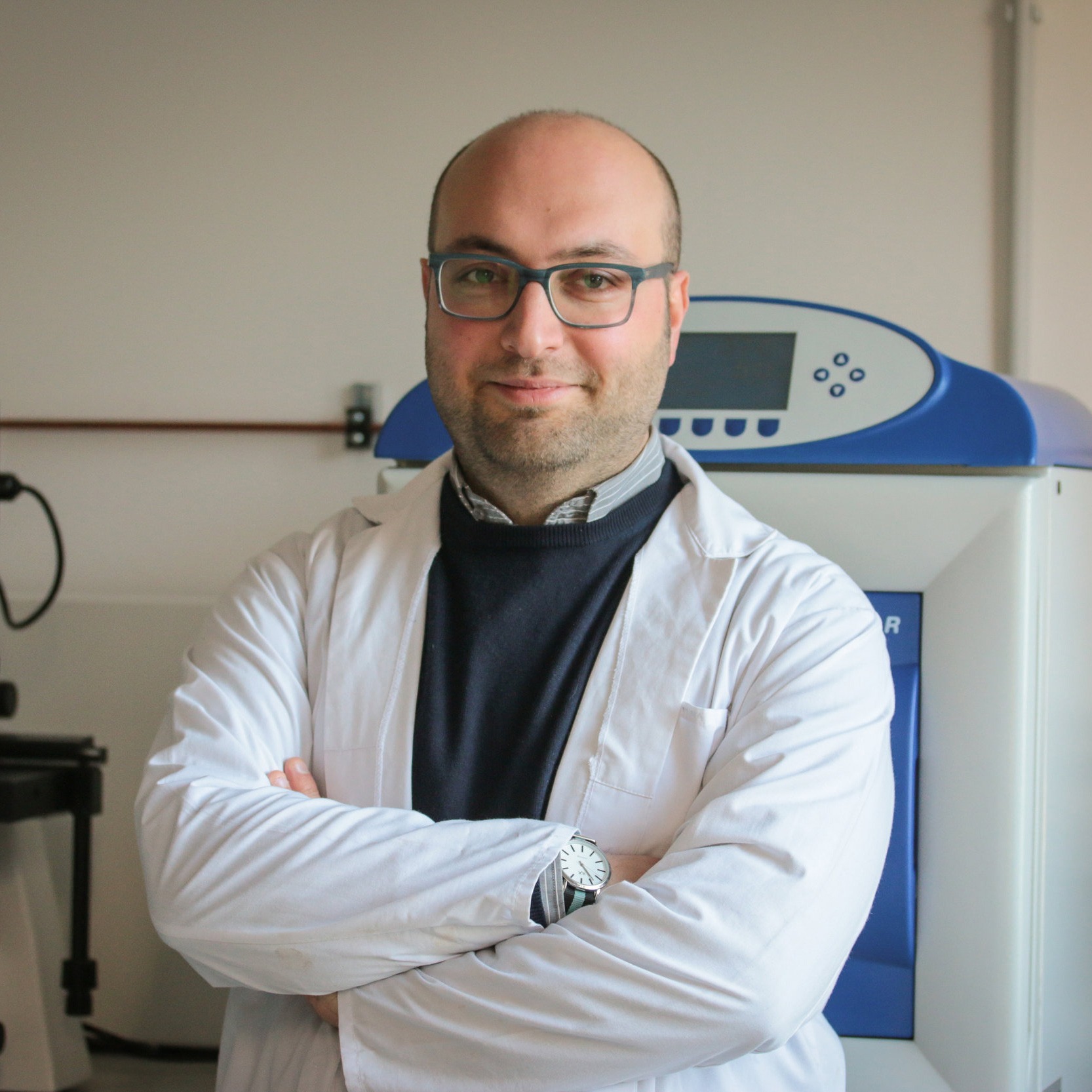
Giovanni Ferrara
IRCCS San Martino Hospital, Genoa (Italy) - BraYn Association President • Giovanni Ferrara is a senior postdoc at the Experimental Neuroscience Lab, IRCCS San Martino Hospital, Italy. He obtained his master’s degree in Pathophysiology and later his PhD in Experimental Pharmacology and Toxicology at University of Parma, Italy in 2012. From 2007, his main field of investigation is neuroscience, focusing on neuroimmunology and neuroinflammation. Particularly he is characterizing the role of a membrane-spanning proteoglycan, nerve-glial antigen 2 (NG2) in neuroinflammation and the role of tolerogenic dendritic cells in MS. He also studies the immunomodulatory properties of mesenchymal stem cells and their possible role as treatment of neurological diseases.

Giuseppina D'Alessandro
«Sapienza» University of Rome (Italy) - BraYn Association Vice-president • Giuseppina D’Alessandro graduated in December 2004 in Biotechnology at “Federico II” University of Naples. In 2008 she took a Specialization in Pharmacological Research at “Mario Negri” Institute in Milan focusing her attention on endogenous metabolism alterations in ALS models. In 2012 she took a PhD in Neurophysiology at “Sapienza” University of Rome studying Glioblastoma and its effect on tumor brain microenvironment and this is still her main research activity. In 2011 and 2015 she was research collaborator at Institute of Neurosciences for Hospitalization and Scientific Research (Neuromed) in Pozzilli (Isernia). Since October 2020 she has got a position as Assistant Professor in tenure track (RTD-B) in Physiology at the Sapienza University.
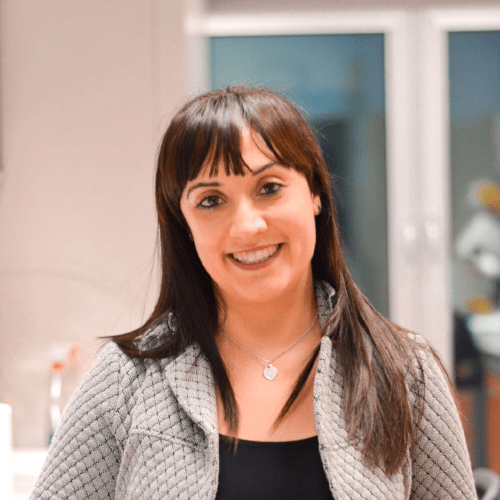
Margherita Romeo
Istituto di Ricerche Farmacologiche Mario Negri IRCCS (Italy) - BraYn Association Treasurer • I obtained a master’s degree in Biomolecular Chemistry at the University of Catania in 2011. In 2014, I was awarded the title of Biomedical Research Specialist at the IRCCS Istituto di Ricerche Farmacologiche Mario Negri, Milan, Italy. I used the nematode Caenorhabditis elegans as an innovative animal model to investigate the molecular mechanism involved in central or systemic amyloidosis. In 2019, I obtained a Phd at the IRCCS Istituto di Ricerche Farmacologiche Mario Negri. The project aimed to investigate the molecular mechanisms underlying the ability of C. elegans’ pharynx to recognize toxicant cardiotoxic light chains that cause heart damage in patients suffering from immunoglobulin light chain amyloidosis. In particular, I investigated the crucial role of metal ions, particularly copper, in driving the ROS-mediated proteotoxic effects of light chains. I then moved to the Institute of Clinical Chemistry and Laboratory Diagnostic Medical Faculty, Heinrich Heine University, and the IUF- Leibniz Research Institute for Environmental Medicine in Düsseldorf (Germany) to elucidate the role of AhR in aging in C.elegans and to describe the AhR-mitochondria cross-talk. From 2022 I am a post-doc at the IRCCS Istituto di Ricerche Farmacologiche Mario Negri of Milan (Italy), where I am focusing my research on clarifying the molecular mechanism involved in immunoglobulin light chains amyloidosis and developing new therapeutic strategies.
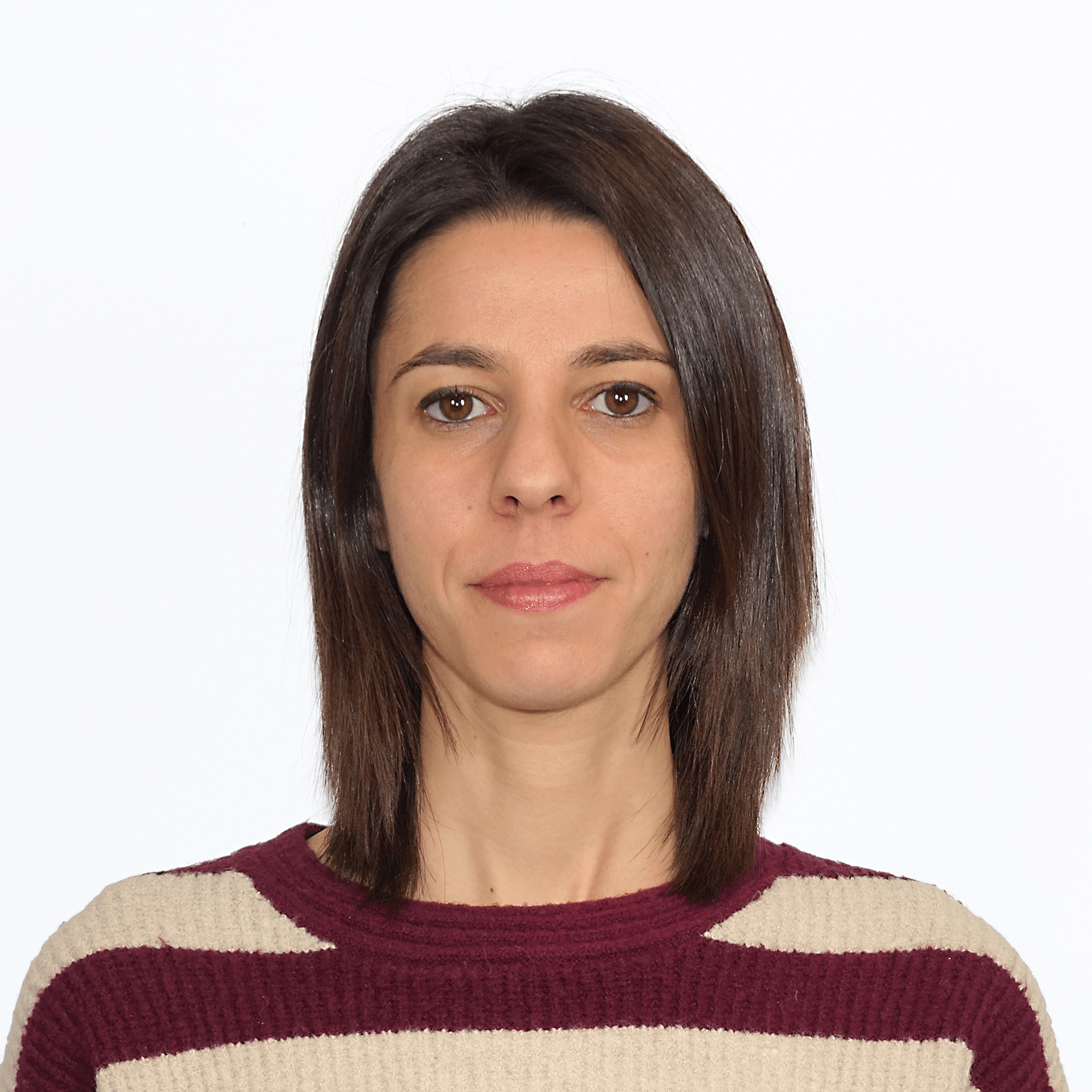
Maria Chiara Trolese
Istituto di Ricerche Farmacologiche Mario Negri IRCCS (Italy) - BraYn Association Secretariat • Dr Maria Chiara Trolese achieved the BSc in 2009 and the MSc in Pharmaceutical Biotechnology in 2013 at the Università degli Studi di Milano. After graduation, she earned a three-year fellowship at Istituto di Ricerche Farmacologiche “Mario Negri”-IRCCS where, under the guidance of Dr Bendotti and Dr Nardo, she focussed on the involvement of the MHCI adaptive pathway in the disease progression of transgenic ALS mice. During her PhD, she analysed the implication of the MCP1-mediated immune response in the regenerative mechanisms of skeletal muscle of ALS mice. Nowadays, she is involved in the characterisation of the contribution of the peripheral immune response in governing the speed of ALS progression to identify novel disease biomarkers.

Barbara Bettegazzi
San Raffaele Scientific Institute, Milan (Italy) • I graduated in Medical Biotechnology in 2006 and got my PhD in Molecular Medicine in 2012 at the Vita-Salute San Raffaele University in Milan. My PhD focused mainly on Alzheimer's disease pathogenesis, studying the mechanisms regulating the expression and activity of BACE1, the main β-secretase of the brain. During my PhD I spent two years in Munich, at the Ludwig Maximilian University in the laboratory of C. Haass, a pioneer in the Alzheimer’s disease field. I recently moved to the field of gene therapy for complex neurological disease and I am currently working as a post doctoral researcher in Michele Simonato’s laboratory at San Raffaele Scientific Institute. The main focus of my research now is the study of the molecular and physiological alterations in GABA-A receptors in the course of epilepsy, to design a therapeutic strategy able to modulate this inhibitory system in drug resistant epilepsy patients.
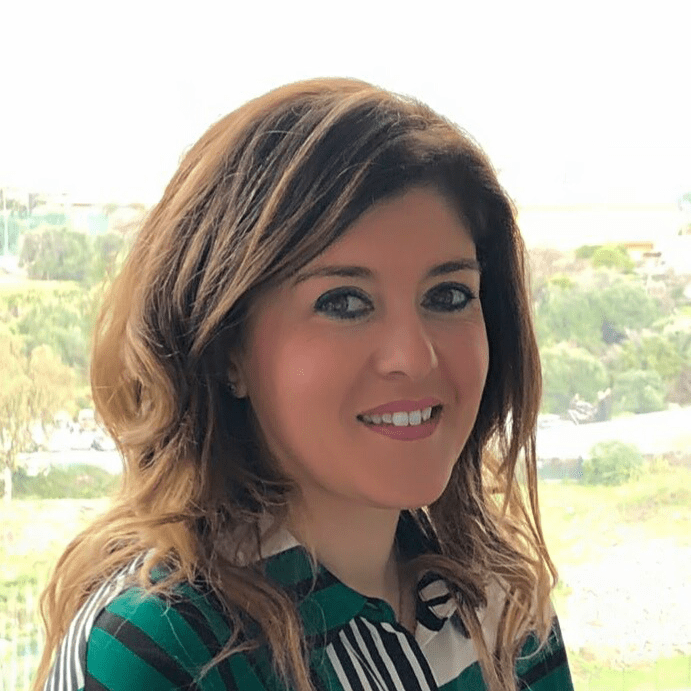
Giovanna Calabrese
Department of Chemical, Biological, Pharmaceutical and Environmental Sciences, University of Messina (Italy) • Giovanna Calabrese obtained a PhD in Medical Embryology, Pathology and Experimental Hematology. Currently, I’m Associate Professor in Physiology at the University of Messina, Department of Chemical, Biological, Pharmaceutical and Environmental Sciences. My main research topic is regenerative medicine and tissue engineering applied to both neural and osteo/chondral regeneration. Specifically, my studies are focused on the molecular and cellular mechanisms behind the repair capacity of the combination between mesenchymal stem cells, 3D biomimetic materials and growth factors, both in vitro and in animal models.

Pellegrino Lippiello
University of Naples Federico II; Dept. of Pharmacy • Pellegrino Lippiello graduated in Biotechnology at the University of Naples Federico II and during his PhD in Neuroscience, he started the electrophysiological studies. Since 2012, he joined Dr. Maria Miniaci lab at University of Naples Federico II; Dept. of Pharmacy, where he started to on work the Cerebellar plasticity on slices. In the last years, he is starting to work on Alzheimer Disease (AD) using the Tg-CRND8 mice, a mouse model of AD. He is also investigating the physiological role of G protein-coupled inwardly-rectifying potassium channel (GIRK) on cerebellar plasticity.
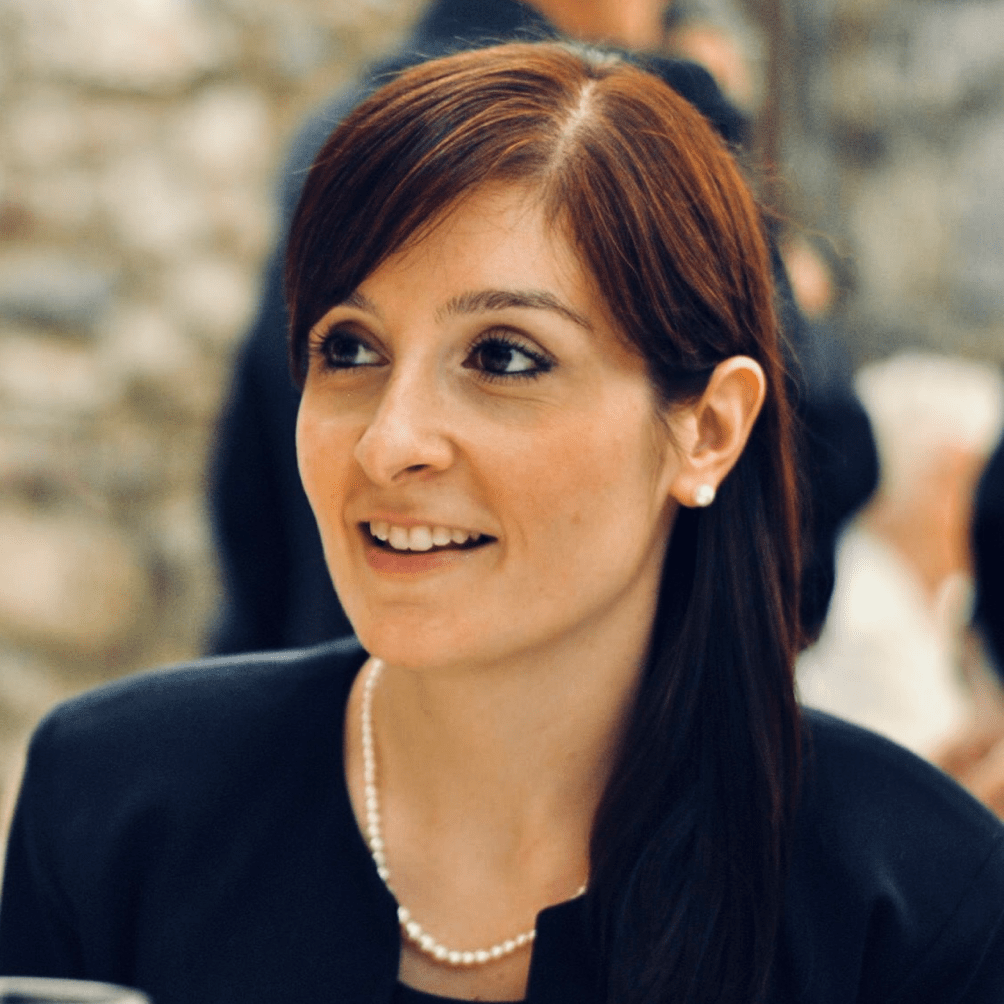
Ilaria Prada
Axxam SpA, Bresso, Milan (Italy) • Ilaria Prada is Unit Manager in the Cell Biology Group at Axxam S.p.A., a Drug Discovery Company based in Milan-Italy. She obtained her MSc in Pharmaceutical Biotechnology from UNIMI of Milan and, her PhD from the UNISR of Milan studying the epigenetic regulation of gliotransmission. As Postdoc fellow at the Neuroscience Institute of the Italian Research Council (IN-CNR), she expanded her research interest from intracellular vesicle expression and trafficking to inter-cellular communication in the CNS via Extracellular Vesicles (EVs). She specialized in advanced microscopy techniques working at the University of Lausanne (Switzerland) and at the International School for Advanced Studies-SISSA in Trieste (Italy), investigating how glia-derived EVs can affect neuronal function in health and disease, with a special focus on neuroinflammation and neurodegeneration. In 2018, as Visiting Researcher at the University of Gothenburg (Sweden), she investigated the role of EVs in mitochondrial remodelling during neuroinflammation with super resolution microscopy techniques. At the end of the same year, she became Associated Researcher of the IN-CNR, where she investigated the impact of microglia-derived EVs in the early stages of Alzheimer’s Disease development. At the same time, she started her current career at Axxam designing and developing cell-based assays for the discovery of new the therapeutic molecules.

Eleonora Vannini
Neuroscience Institute – National Research Council of Italy, Pisa (Italy) • Eleonora Vannini is a researcher at the CNR Neuroscience Institute of Pisa, Italy. She defended her PhD thesis in Neurobiology at Scuola Normale Superiore in 2014. She then worked as a Post-Doc at the University of Leicester, UK, and at the Humanitas University, in Milan. Dr Vannini is interested in studying plastic rearrangements that take place in diseases such as brain tumors and epilepsy. Specifically, in the last few years she focused on developing novel therapeutic approaches to counteract gliomas.

